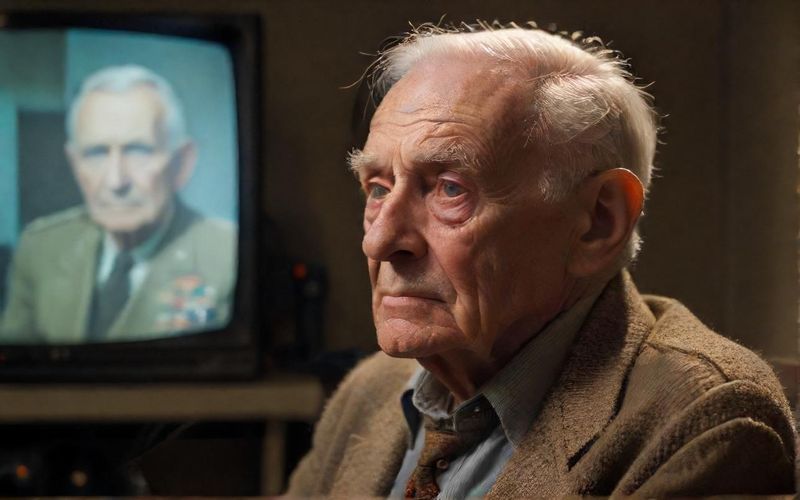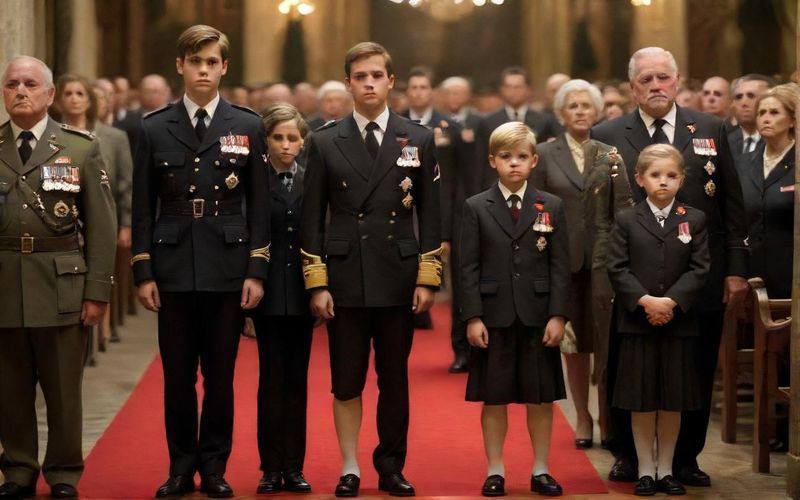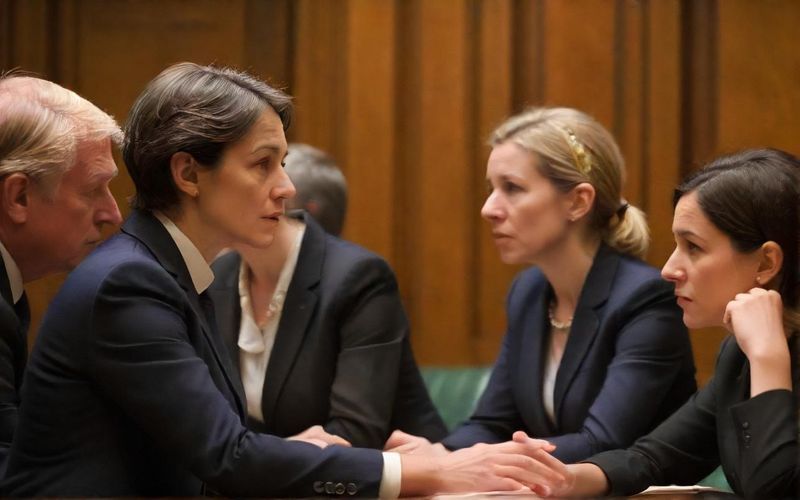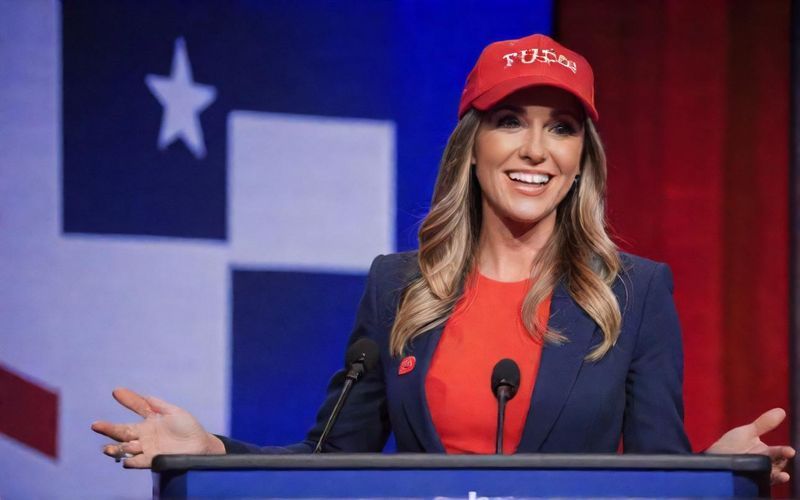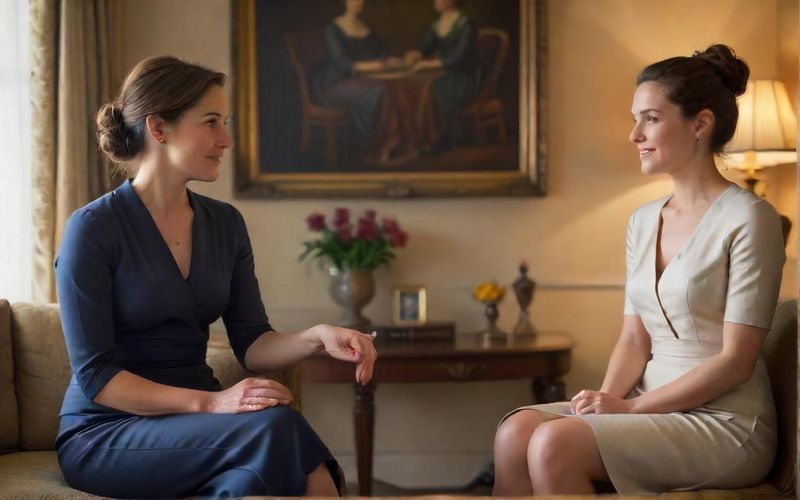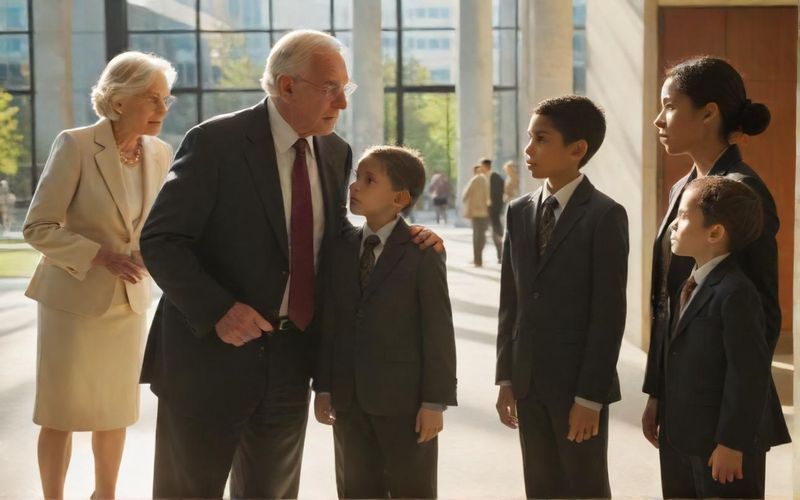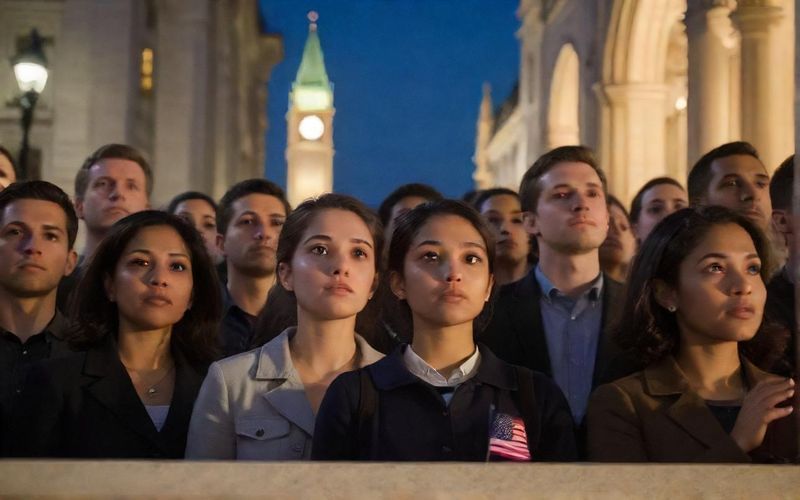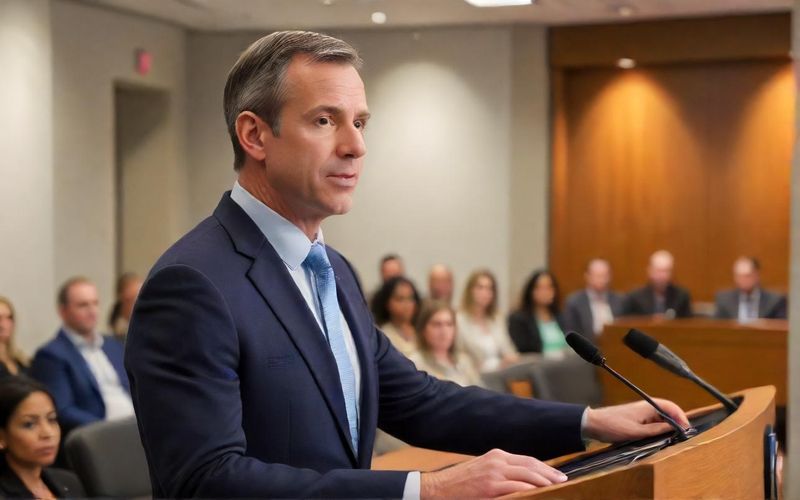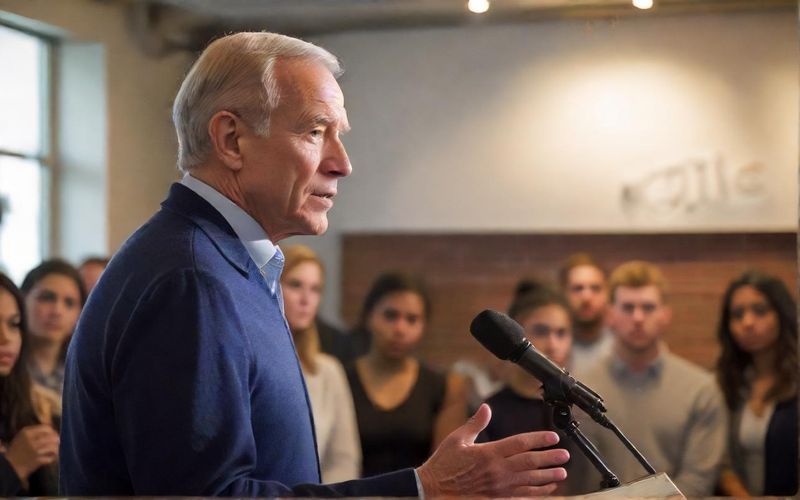King Charles Leads Remembrance Day: A Look Within
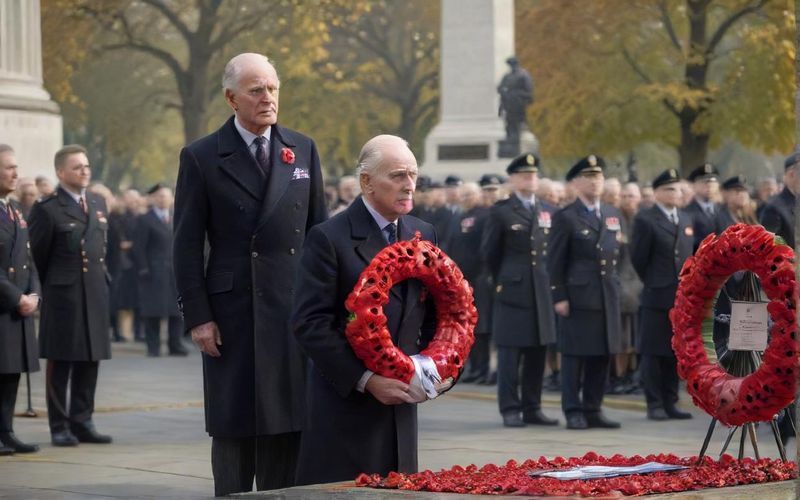
We saw the customary gathering of senior royals and political leaders, a visual testament to the enduring importance of honoring those who have served. Prime Minister Keir Starmer and Conservative leader Kemi Badenoch stood shoulder-to-shoulder, a fleeting moment of unity in the often-turbulent political landscape. And then there were the veterans themselves, the living embodiments of sacrifice. The sight of 10,000 armed forces veterans marching, a proud display of courage and resilience, is always deeply moving. Their ranks, however, are thinning. The presence of just around 20 World War Two veterans, some over 100 years old, is a poignant reminder of the finite window we have to hear their stories directly, to glean wisdom from those who navigated the crucible of global conflict. Donald Poole, 101, speaking about the honor of paying tribute, doesn't just recall the past; he connects it to a profound gratitude for the present, a sentiment that resonates across generations.
What struck me, as I observed these scenes, was the deliberate weaving of personal narratives into the fabric of this national remembrance. King Charles, laying a wreath designed to honor his late grandfather and mother, and Prince William, using the very wreath his father once employed as Prince of Wales, are not just symbolic gestures. They are quiet acknowledgments of lineage and legacy, suggesting that remembrance is not solely about abstract ideals but also about deeply personal connections. This year, the Princess of Wales, Catherine, also continued her steadfast tradition, her serene presence on the balcony a quiet strength. Her return to these solemn events, especially in light of her own recent health challenges, adds another layer of personal courage to the national narrative. It’s a humanizing element that reminds us that even those in the public eye navigate profound personal journeys alongside their public duties.
The juxtaposition of this deeply personal remembrance with the looming shadow of current global conflicts, particularly the war in Ukraine, is unavoidable. Britain's increased defense spending and its commitment to bolstering its military capabilities are tangible responses to a volatile geopolitical climate. This is not just about looking back; it’s about looking forward with a sharpened awareness of the fragility of peace. The very act of remembering those who died in past conflicts serves as a stark, unvarnished lesson for the present and the future. It underscores the immense cost of war and the imperative to safeguard the peace we so often take for granted.
There was also a subtle, yet significant, undercurrent of familial dynamics playing out against this solemn backdrop. The absence of Prince Andrew, a consequence of his past association with Jeffrey Epstein, was a stark reminder that even within the venerable traditions of the monarchy, accountability and consequence are inescapable. The whispers about "a female touch" influencing the King's decision regarding his brother – with Queen Camilla and Princess Catherine reportedly playing a role – hint at a new, perhaps more collaborative, approach to difficult royal decisions. It suggests a monarchy evolving, not just in its public facing duties but in its internal workings.
As the trumpets fade and the last of the veterans make their way home, we are left with the enduring questions that Remembrance Day inevitably poses. In an era of shifting global alliances and simmering tensions, how do we translate the lessons of the past into tangible actions that foster lasting peace? Are we truly listening to the echoes of history, or are we destined to repeat its most tragic verses? The poppies, fragile yet defiant, continue to bloom in our minds, a potent symbol that demands not just our attention, but our unwavering commitment to building a more peaceful world, one thoughtful act at a time.
